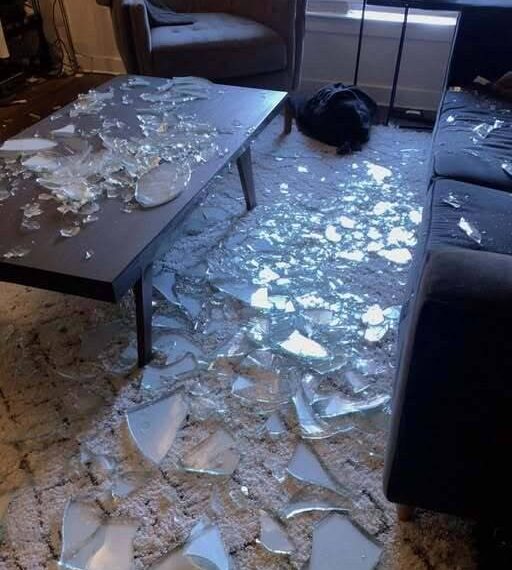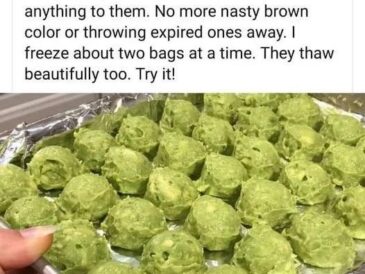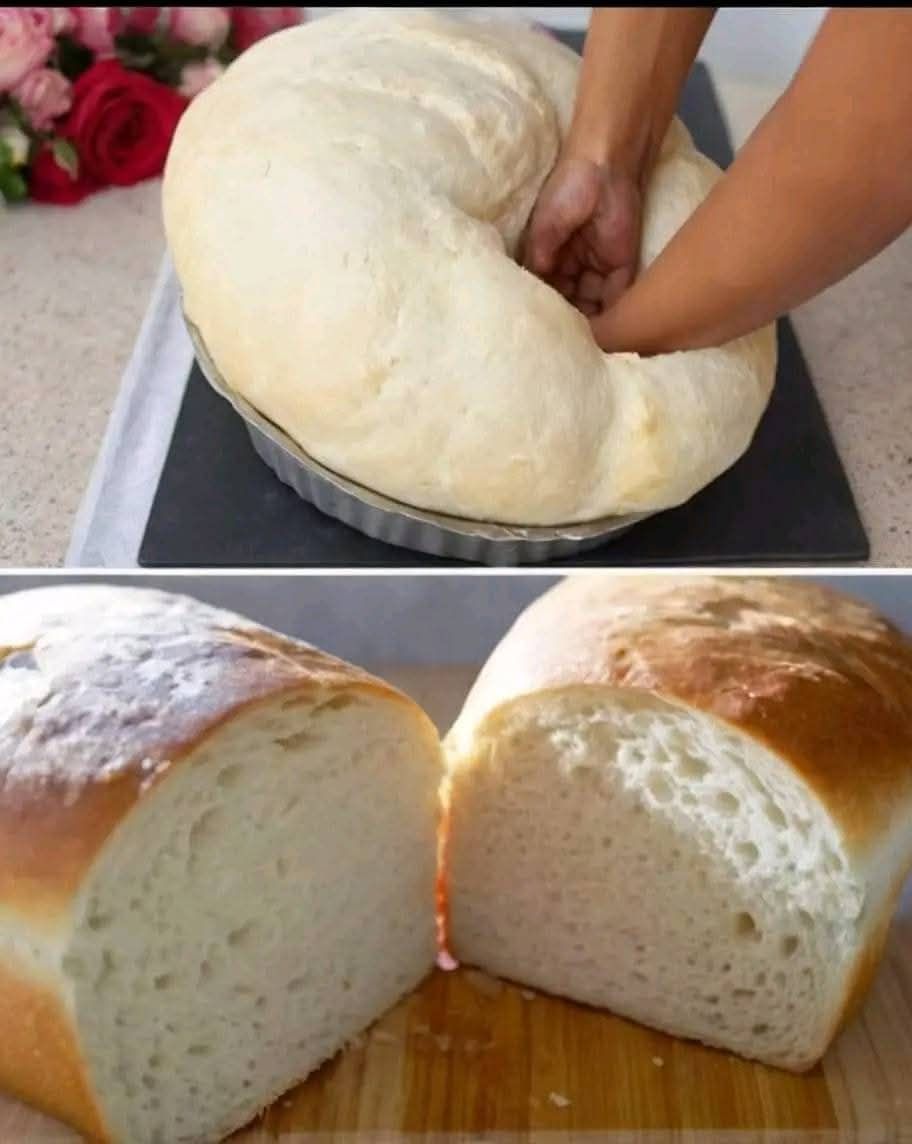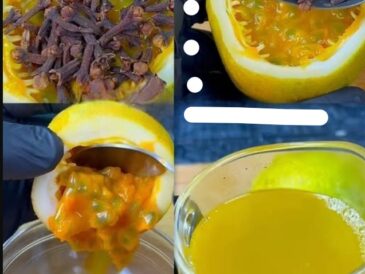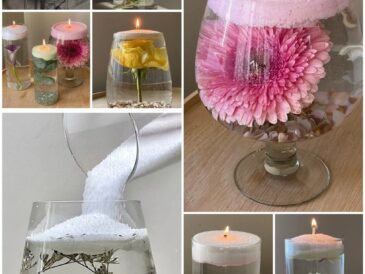Watched Sandra move in, watched her rearrange our house like it was a dollhouse and she was the only one playing. Watched her throw out old photo albums and replace our family pictures with new ones, featuring only her, Dad, and occasionally me—if I looked pleasant enough.
At first, I thought Dad was blind. That maybe he didn’t see how she slowly erased every trace of my mom from our lives. But I came to realize it wasn’t blindness. It was exhaustion. He didn’t want to fight. He just wanted peace. And Sandra knew it.
But I knew better than to fight her directly.
So I played the long game.
Here’s what Sandra never realized:
Those crystal glasses? The ones she smashed?
They weren’t real.
The original set—my mother’s true, authentic, beloved set—was safely locked away in a storage unit under my grandmother’s name, three towns over.
What Sandra destroyed were fakes. Cheap replicas I had found at a thrift store and planted a year ago when I suspected she might go looking for them. I even made sure they had the same etchings, courtesy of a local glass artist who owed me a favor. The box, the shawl, even the placement in my room—all carefully staged.
Why?
Because I knew what kind of person Sandra was. And I wanted her to think she’d won.
It was risky, but I had learned that dealing with someone like Sandra required more than confrontation. She thrived on it. Instead, I gave her a stage and let her perform. Let her show her hand.
And now she had.
That night, I cried.
Not for the fake glasses, but for the fact that it had to come to this. That my wedding—what should’ve been one of the happiest times of my life—was overshadowed by manipulation and spite. But I also cried because it marked a turning point.
She thought she’d broken me.
But she’d freed me.
The next morning, I acted like I was crushed.
I let my voice shake as I asked her, “Why?”
Sandra feigned innocence, again. “It was an accident, dear. But perhaps it’s for the best. You’re starting a new life. Time to let go of the past.”
I nodded slowly. “You’re right.”
She smiled, smug, thinking she’d won.
That weekend, I visited the storage unit and held each real glass in my hands, inspecting them for dust, polishing each one until they sparkled like starlight. The set was still perfect. Just like Mom left it.
But I didn’t stop there.
There was something poetic about what came next.
You see, Sandra loved appearances. She loved being seen as the perfect stepmom, the elegant woman who married a grieving widower and “rescued” him from sadness. She also loved attention, especially from our tight-knit community. The bridal shower she insisted on hosting at our house was her opportunity to play the doting stepmother to perfection.
So I gave her the spotlight.
I showed up early with the real crystal glasses, tucked safely in a padded case. Sandra didn’t even notice me sneaking them into the kitchen and replacing her ugly champagne flutes.
Everything was in place.
As the guests arrived, she floated around the room, soaking up compliments on the decor, the pastries she didn’t bake, and the flower arrangements I had chosen. She was in her element.
Then came the toast.
I stood up, thanked everyone for coming, and held up one of my mother’s real crystal glasses. It shimmered under the light, unmistakable to anyone who knew its story—which, thankfully, included my godmother, Aunt Rachel.
“I’d like to make a toast,” I said, my voice calm and steady. “To my mother, Alice, who couldn’t be here today, but who gave me the strength to become the woman I am.”
Aunt Rachel’s eyes widened as she recognized the glass. She raised her own, tears in her eyes.
I looked at Sandra.
Her expression faltered.
I could see it. Confusion. Disbelief. Then suspicion.
And finally—panic.
After the toast, she pulled me into the kitchen.
“What are those?” she hissed.
“Oh, just something I kept safe. For moments that matter.”
She blinked. “But… I thought…”
“You thought you destroyed them,” I said softly, leaning in. “I know. That’s why I switched them. I knew what you were capable of, Sandra.”
Her face turned crimson, but I didn’t give her time to respond. I walked away, back to the party, leaving her frozen.
After the shower, word started to spread.
It wasn’t just the glasses—it was the cracks in the perfect image Sandra had worked so hard to build. My Aunt Rachel told my dad everything. How Sandra had tried to throw out all traces of my mom, how she’d replaced things, manipulated me, gaslit me for years.
At first, Dad didn’t want to hear it. But even he couldn’t deny the pattern.
He called me the next day.
“I’m sorry, Jen,” he said. “I should’ve seen it. I just didn’t want to believe it.”
“It’s okay, Dad. I just needed you to know.”
He paused. “Did you really switch the glasses?”
“Yes.”
A long silence. Then: “Your mother would’ve been proud.”
My wedding day came.
Sandra was there, but silent, subdued. No smug smiles. No snide comments. Just the realization that her grip had slipped.
The real glasses were placed at the head table. Michael and I toasted with them, just as I always dreamed.
They sparkled under the golden lights, filled with champagne and memories. But more than that, they were filled with power—the power of resilience, of legacy, of knowing who you are even when others try to erase it.
Sandra thought she had broken something sacred.
What she broke was her own illusion.
And in doing so, she gave me exactly what I needed.
Closure.
And a damn good story.
EPILOGUE
Sandra and my dad eventually separated—amicably, if you can believe it. He said he finally realized that trying to replace the past doesn’t heal it. It just delays the truth.
As for the glasses, they now live in a glass cabinet in my new home. Every Sunday, I take one out, fill it with tea or wine, and remember Mom. I still smell lavender when I do.
And I smile.
Because the moments that matter aren’t always the big ones.
Sometimes, they’re the quiet victories.
The silent wins.
The ones you toast to with a crystal glass—raised high, unbroken.

